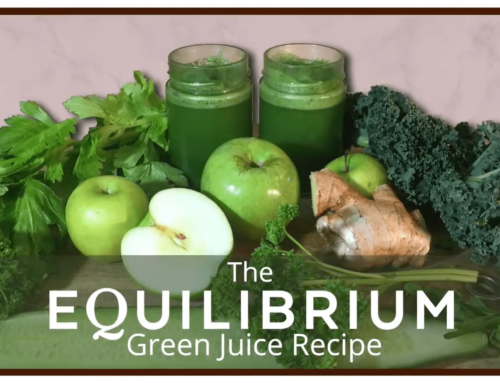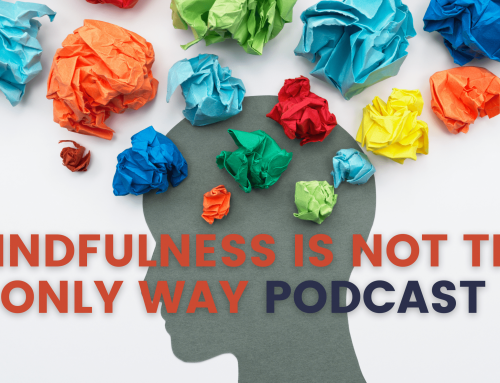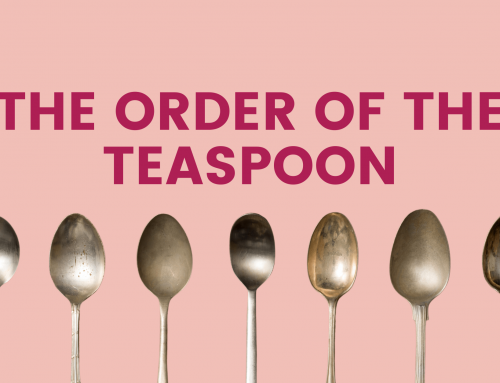Here’s a post from Heather (my wife) on the benefits of eating whole foods. 50 years ago, all foods were whole foods, full of vitamins and minerals. We didn’t have to try to eat whole foods, they were everywhere! Then the food industry became an industry and , all kinds of products started to enter the food chain and we, as consumers, had to become more aware of what we were eating than ever before…
‘Eating whole foods provides you with all the health benefits and nutrients the food has to offer. When eating a plant, the fresher it is and the more whole it is, the better it is for you. Equally, if you eat a grain, the more of the grain you eat, including the husk, provides you with the fibre, vitamins and minerals and also the phytochmeicals (which include antioxidents, which protect your cells against free radicals, as well as phyto-oestrogens and phytochemicals that break down carcinogenic substances)
Whole grains, because they are harder to digest, slow down digestion. This allows the nutrients to be absorbed more effectively. Because there is more fibre, the process of converting starch to sugar is also slowed, preventing spikes in sugar levels and so keeping a more steady blood sugar level, requiring a lot less insulin to be secreted.
Eating whole grains also encourages beneficial bacteria to fight bad bacteria.
The further the food is from its original state, the worse, arguably, it is for you. In other words, approach any processed foods with caution as processing strips the food of its key nutrients.
Many studies have found that a diet high in healthy foods like fruits, vegetables, and whole grains are associated with a reduced risk of diseases such as:
- cardiovascular disease
- many types of cancer
- type 2 diabetes
Nan Kathryn Fuchs, Ph.D., in Women’s HealthLetter Sept 1998, states that whole grains give better protection against chronic diseases than any of their component nutrients used as supplements.
As a guideline, we always advise clients to eat between 70-80% whole foods. This makes fundamental sense when you think of man being part of the earth’s ecosystem and designed to eat the foods that were provided on this earth.
Other whole grains include quinoa, barley, rye, barley, amaranth, buckwheat / kasha, millet, and whole corn or whole wheat (although this is most likely to be untolerated by many sensitive individuals).
So aim to have, on a daily basis, one or two servings of whole grains, a serving of beans and/or animal protein, plenty of vegetables of many different colors, and fruit and nuts as snacks.
Finally, if you can, cook it yourself, from scratch, using the best quality ingredients you can afford. Indeed, go one step further and grow your own which is best of all! If not, aim to shop in farmer’s markets or source from the Natural Food Finder, a fantastic resource connecting consumers with artisan producers around the UK.’







